Home>Gardening & Outdoor>Landscaping Ideas>What Is The Strongest Grass Killer
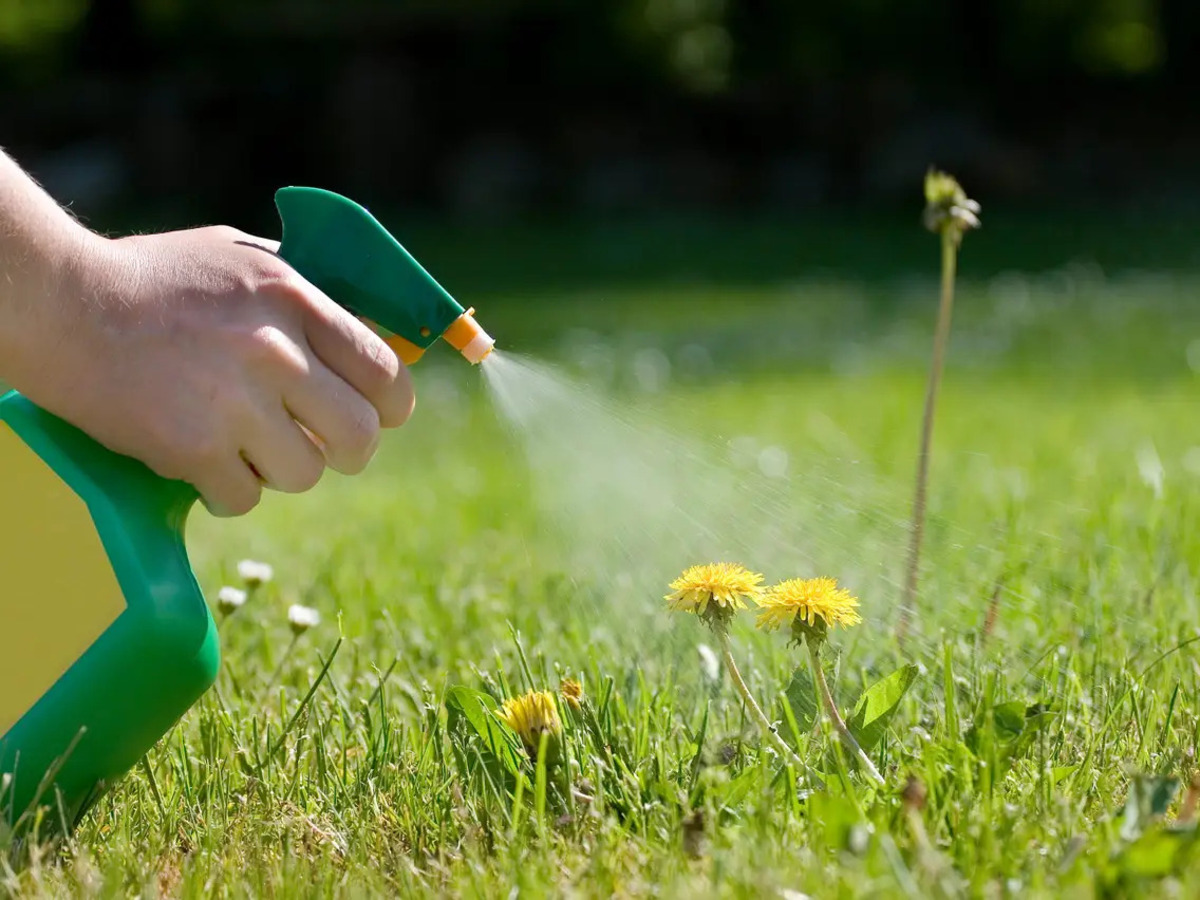

Landscaping Ideas
What Is The Strongest Grass Killer
Modified: February 18, 2024
Discover the most effective grass killer for your landscaping needs. Explore powerful solutions to eliminate unwanted grass and enhance your outdoor space.
(Many of the links in this article redirect to a specific reviewed product. Your purchase of these products through affiliate links helps to generate commission for Storables.com, at no extra cost. Learn more)
Introduction
When it comes to maintaining a pristine landscape, keeping pesky grass at bay is a common challenge for many homeowners and garden enthusiasts. Whether you're striving to clear the way for a new garden bed, combat invasive grass species, or simply reclaim control over unruly patches of lawn, finding the right grass killer is essential. In this comprehensive guide, we will delve into the world of grass killers, exploring the different types available and uncovering the most effective solutions for your landscaping needs.
From chemical herbicides to organic and natural alternatives, the market offers a wide array of options, each with its own set of benefits and considerations. By understanding the various grass killer products and their unique properties, you can make an informed decision that aligns with your environmental values, safety concerns, and efficacy expectations. So, let's embark on this journey to discover the strongest grass killers and equip ourselves with the knowledge needed to conquer unwanted grass growth effectively and responsibly.
Key Takeaways:
- Choose the Right Grass Killer for Your Needs
Understand the differences between chemical, organic, and natural grass killers to make an informed decision that aligns with your landscaping goals and environmental values. - Balance Efficacy with Environmental Responsibility
Consider the benefits and potential drawbacks of chemical, organic, and natural grass killers to foster a flourishing and well-maintained outdoor environment while minimizing ecological impact.
Read more: What Infill Pattern Is The Strongest
Understanding Grass Killers
Grass killers, also known as herbicides, are substances designed to control or eliminate unwanted grass and weed growth. These products work by disrupting essential biological processes within the plants, ultimately leading to their demise. Understanding the different types of grass killers and how they function is crucial for selecting the most suitable option for your specific landscaping requirements.
Herbicides can be categorized into three main types: chemical, organic, and natural. Chemical grass killers are formulated with synthetic compounds that target the cellular and metabolic functions of plants, effectively eradicating them. On the other hand, organic grass killers are derived from natural sources and often utilize plant-based ingredients to inhibit weed and grass growth. Natural grass killers encompass a broader spectrum of approaches, including non-toxic homemade remedies and physical methods of weed suppression.
Each type of grass killer has its own set of advantages and considerations. Chemical herbicides are typically potent and fast-acting, making them suitable for large-scale weed control. However, they may carry environmental and health risks, requiring careful application and adherence to safety guidelines. Organic and natural grass killers are favored for their eco-friendly nature and reduced impact on surrounding flora and fauna. While they may require more frequent applications and patience for visible results, these alternatives offer a greener approach to weed management.
By gaining insight into the mechanisms and characteristics of different grass killers, you can make an informed decision that aligns with your landscaping goals and environmental ethos. Whether you prioritize swift eradication, sustainability, or minimal ecological impact, there exists a grass killer tailored to meet your needs. In the following sections, we will explore each type of grass killer in detail, unveiling their strengths, limitations, and ideal applications to empower you in your quest for a flourishing and weed-free landscape.
Chemical Grass Killers
Chemical grass killers, often referred to as synthetic herbicides, are formulated with potent active ingredients designed to swiftly and effectively eradicate unwanted grass and weeds. These herbicides contain synthetic compounds that target specific biological processes within plants, disrupting their growth and ultimately leading to their demise. While chemical grass killers are known for their rapid and often broad-spectrum efficacy, it is essential to consider their potential environmental and health implications.
One of the most common types of chemical grass killers is glyphosate-based herbicides. Glyphosate is a broad-spectrum herbicide that inhibits the production of essential plant proteins, leading to the rapid desiccation and death of targeted vegetation. This potent mechanism of action has made glyphosate-based herbicides popular for large-scale weed control in agricultural, commercial, and residential settings. However, the widespread use of glyphosate has raised concerns about its impact on non-target plants, soil health, and potential residual effects in the environment.
In addition to glyphosate, chemical grass killers may contain other active ingredients targeting specific plant metabolic pathways. Selective herbicides, for instance, are designed to target certain types of plants while leaving others unharmed, offering precision in weed control. Non-selective herbicides, on the other hand, have a broader impact, affecting a wide range of plant species and are often used for total vegetation control in areas such as driveways, sidewalks, and fence lines.
When utilizing chemical grass killers, it is crucial to adhere to recommended application rates and safety precautions to minimize environmental impact and potential health risks. Proper storage, handling, and disposal of these products are paramount to prevent unintended harm to beneficial flora and fauna. Furthermore, considering alternative weed management strategies and integrated pest management approaches can help reduce reliance on chemical herbicides and promote a more sustainable landscape management ethos.
While chemical grass killers offer potent and fast-acting solutions for weed and grass control, their use warrants careful consideration of potential ecological and health implications. As we delve into the realm of grass killers, it is important to weigh the benefits of chemical herbicides against their potential drawbacks, ensuring that our landscaping endeavors align with both efficacy and environmental responsibility.
Organic Grass Killers
Organic grass killers, also known as natural herbicides, offer a greener and more environmentally conscious approach to weed and grass control. Derived from natural sources such as plant-based oils, acids, and other organic compounds, these herbicides aim to inhibit weed growth while minimizing harm to the surrounding ecosystem. The use of organic grass killers aligns with sustainable landscaping practices and appeals to those seeking eco-friendly alternatives to traditional chemical herbicides.
One of the key advantages of organic grass killers is their reduced impact on non-target plants, beneficial insects, and soil microorganisms. By harnessing the power of naturally occurring compounds, these herbicides can effectively suppress weed and grass growth without leaving behind persistent chemical residues that may harm the environment. Additionally, organic grass killers are often biodegradable and pose minimal risk to wildlife, making them a favorable choice for environmentally sensitive areas.
Certain organic herbicides utilize acetic acid, a component of vinegar, as a primary active ingredient. When applied to weeds and grasses, acetic acid disrupts the cellular structure of plant tissues, leading to desiccation and eventual decay. This natural desiccation process can be effective for controlling young, tender weeds and grasses, offering a non-toxic and sustainable means of weed management.
Another common ingredient in organic grass killers is clove oil, which contains eugenol, a natural compound with herbicidal properties. Clove oil-based herbicides work by penetrating plant tissues and interfering with cellular processes, ultimately leading to the demise of targeted weeds and grasses. This natural approach to weed control provides a viable alternative for those seeking to minimize their reliance on synthetic chemicals while maintaining effective vegetation management.
While organic grass killers offer a more sustainable and environmentally friendly approach to weed and grass control, it is important to recognize that they may require more frequent applications and patience for visible results compared to their chemical counterparts. Additionally, proper application techniques and timing are crucial for optimizing the efficacy of organic herbicides, as they may have different modes of action and persistence compared to synthetic alternatives.
By embracing organic grass killers, individuals can contribute to a more ecologically balanced landscape while effectively managing unwanted weed and grass growth. The utilization of natural herbicides underscores a commitment to environmental stewardship and sustainability, providing a harmonious balance between landscape aesthetics and ecological well-being.
When looking for the strongest grass killer, look for products containing glyphosate as the active ingredient. Glyphosate is a powerful herbicide that effectively kills grass and weeds. Always follow the instructions on the product label for safe and effective use.
Natural Grass Killers
Embracing a natural approach to weed and grass control, natural grass killers encompass a diverse array of strategies and remedies that leverage non-toxic and environmentally friendly means to manage unwanted vegetation. From homemade solutions to physical methods of weed suppression, natural grass killers offer a holistic and sustainable approach to maintaining a well-groomed landscape while minimizing the use of synthetic chemicals.
One of the simplest and most widely recognized natural grass killers is the application of boiling water. Pouring boiling water over targeted weeds and grasses can effectively scald and kill the vegetation, providing a chemical-free and readily accessible method of weed control. This approach is particularly suitable for areas where vegetation management needs to be localized and where the use of herbicides may not be feasible or desirable.
Another natural grass-killing method involves the use of salt solutions. When applied in moderation, salt can inhibit plant growth by disrupting osmotic balance within the cells, leading to desiccation and eventual wilting. However, it is important to exercise caution when using salt, as excessive application can lead to soil salinity and harm non-target plants in the vicinity.
Beyond salt and water, the strategic use of mulch and landscaping fabric can serve as natural barriers to weed and grass growth. By smothering existing vegetation with layers of organic mulch or installing permeable landscaping fabric, individuals can effectively suppress weed emergence and reduce the need for chemical or organic herbicides. This approach aligns with sustainable landscaping practices and promotes soil health and moisture retention.
Furthermore, the introduction of competitive plant species and ground cover can naturally outcompete and suppress weed and grass growth. Selecting dense and vigorous ground cover plants that thrive in specific environmental conditions can create a natural deterrent to weed establishment, minimizing the need for intensive weed management measures.
While natural grass killers offer environmentally friendly and non-toxic methods of weed and grass control, they may require ongoing maintenance and strategic planning to achieve desired results. Additionally, it is essential to consider the specific needs of the landscape and the potential impact of natural weed control methods on surrounding flora and soil health.
By integrating natural grass killers into landscape management practices, individuals can foster a harmonious and sustainable approach to weed and grass control, promoting a thriving and ecologically balanced outdoor environment.
Read more: What Is The Best Grass Killer
Comparing Grass Killers
When evaluating the diverse array of grass killers available, it is essential to consider their unique characteristics, efficacy, and environmental implications to make an informed choice that aligns with your landscaping goals and values. By comparing chemical, organic, and natural grass killers, you can gain a comprehensive understanding of their strengths and limitations, empowering you to select the most suitable approach for weed and grass control.
Chemical grass killers, characterized by their potent and fast-acting nature, offer rapid and broad-spectrum weed control. These herbicides, often formulated with synthetic compounds, can effectively eradicate unwanted grass and weeds with minimal effort. However, the use of chemical herbicides warrants careful consideration of potential environmental and health risks, necessitating adherence to safety guidelines and responsible application practices.
On the other hand, organic grass killers provide a more sustainable and environmentally friendly approach to weed management. Derived from natural sources and often biodegradable, these herbicides minimize harm to non-target plants, beneficial insects, and soil microorganisms. While organic grass killers may require more frequent applications and patience for visible results, they offer a greener alternative for those seeking to minimize their ecological footprint.
Natural grass killers encompass a broader spectrum of strategies, from non-toxic homemade remedies to physical methods of weed suppression. Boiling water, salt solutions, mulch, and competitive plant species offer non-chemical means of managing unwanted vegetation. While natural grass killers promote environmental stewardship and sustainable landscaping, they may necessitate ongoing maintenance and strategic planning to achieve desired results.
When comparing grass killers, it is important to assess their suitability based on the scale of weed control, the specific environmental context, and the desired level of ecological impact. Integrated pest management approaches, which combine multiple weed control strategies, can offer a balanced and tailored approach to managing unwanted vegetation while minimizing reliance on any single type of herbicide.
By weighing the attributes of chemical, organic, and natural grass killers, individuals can make informed decisions that harmonize with their landscaping objectives and environmental ethos. Whether prioritizing rapid eradication, sustainability, or natural weed control methods, there exists a grass killer tailored to meet diverse landscaping needs, fostering a flourishing and well-maintained outdoor environment.
Conclusion
As we conclude our exploration of grass killers, it becomes evident that the realm of weed and grass control offers a rich tapestry of options, each with its own set of benefits and considerations. Whether you seek rapid and potent eradication, a sustainable and eco-friendly approach, or non-toxic natural remedies, there exists a grass killer suited to your landscaping aspirations.
Chemical grass killers, with their swift and broad-spectrum efficacy, provide a compelling solution for large-scale weed control. However, their use necessitates careful consideration of potential environmental and health implications, underscoring the importance of responsible application and adherence to safety guidelines.
Organic grass killers offer a greener alternative, harnessing the power of natural compounds to inhibit weed growth while minimizing harm to the surrounding ecosystem. While they may require more patience for visible results, their reduced impact on non-target plants and wildlife aligns with sustainable landscaping practices and environmental stewardship.
Natural grass killers, encompassing a diverse array of non-chemical methods, provide environmentally friendly means of weed suppression. From boiling water to strategic landscaping practices, these natural remedies promote a holistic and sustainable approach to managing unwanted vegetation, fostering a balanced and ecologically conscious outdoor environment.
By understanding the unique properties and implications of chemical, organic, and natural grass killers, individuals can make informed decisions that resonate with their landscaping goals and environmental values. Integrated pest management approaches, which harmonize multiple weed control strategies, offer a balanced and tailored means of managing unwanted vegetation while minimizing reliance on any single type of herbicide.
Ultimately, the quest for the strongest grass killer extends beyond mere eradication; it embodies a commitment to nurturing a thriving and well-maintained outdoor environment that harmonizes with the natural world. By embracing the diverse array of grass killers and their respective attributes, individuals can cultivate landscapes that reflect their values, promote ecological well-being, and inspire a deep connection with the beauty of the outdoors.
Frequently Asked Questions about What Is The Strongest Grass Killer
Was this page helpful?
At Storables.com, we guarantee accurate and reliable information. Our content, validated by Expert Board Contributors, is crafted following stringent Editorial Policies. We're committed to providing you with well-researched, expert-backed insights for all your informational needs.

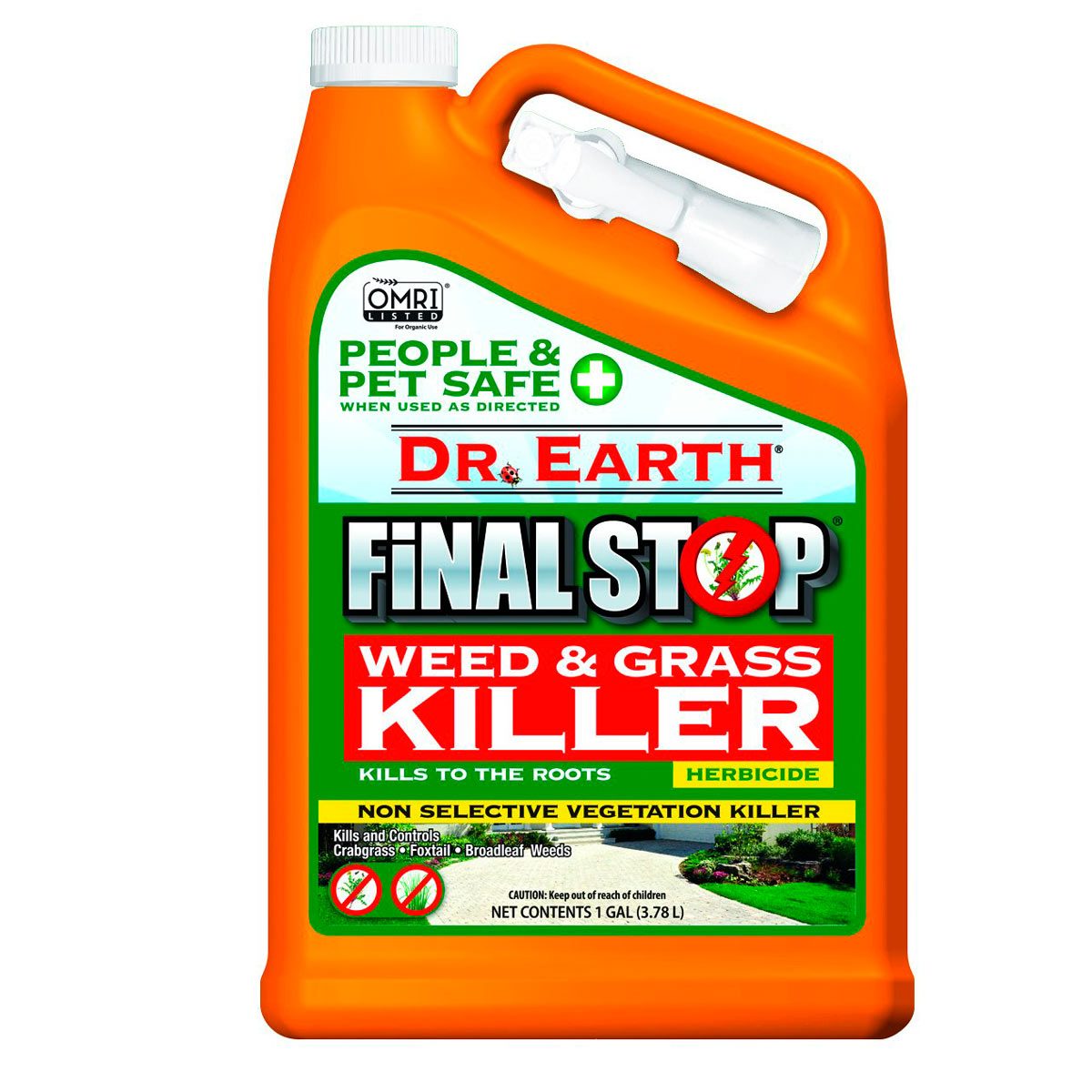

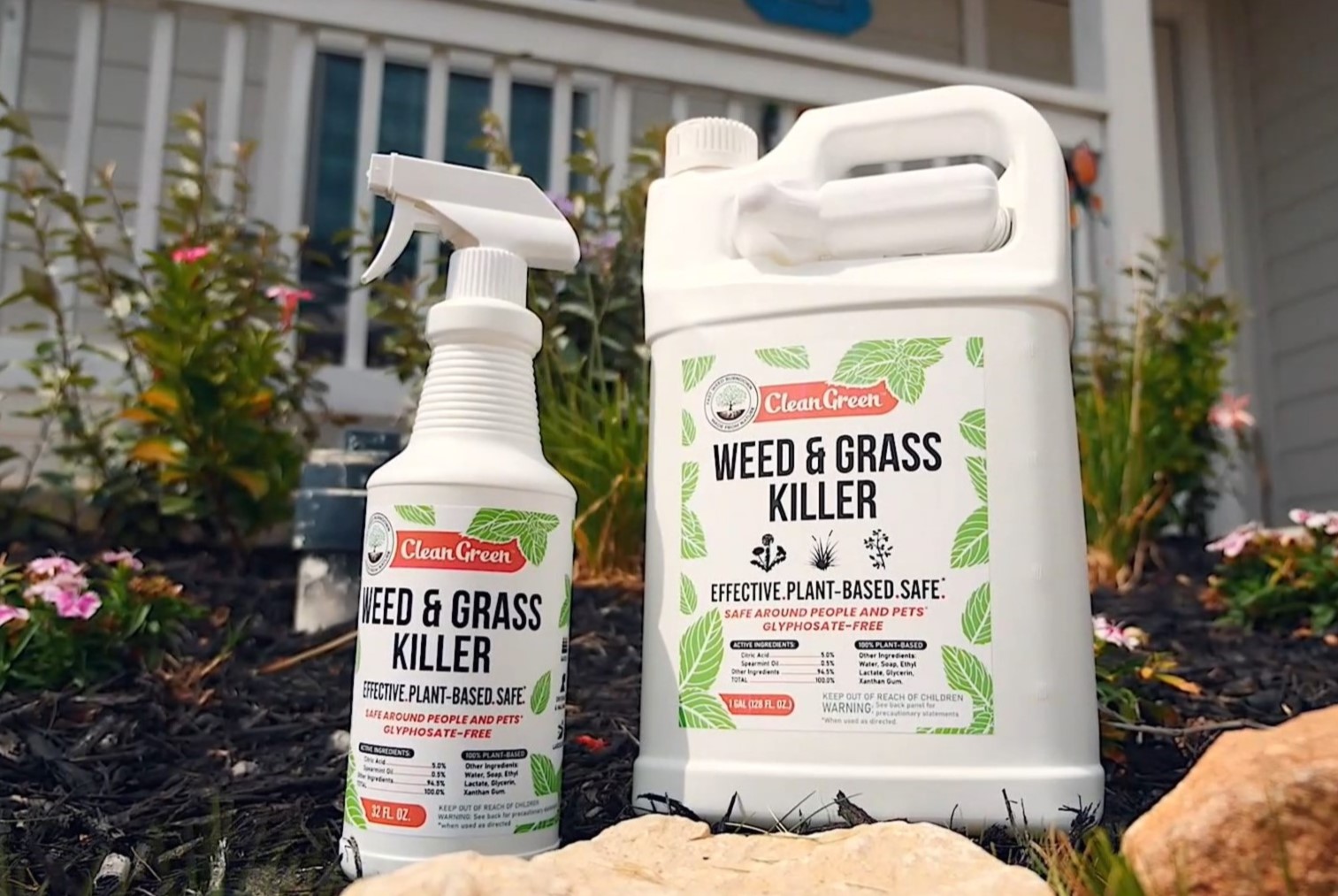
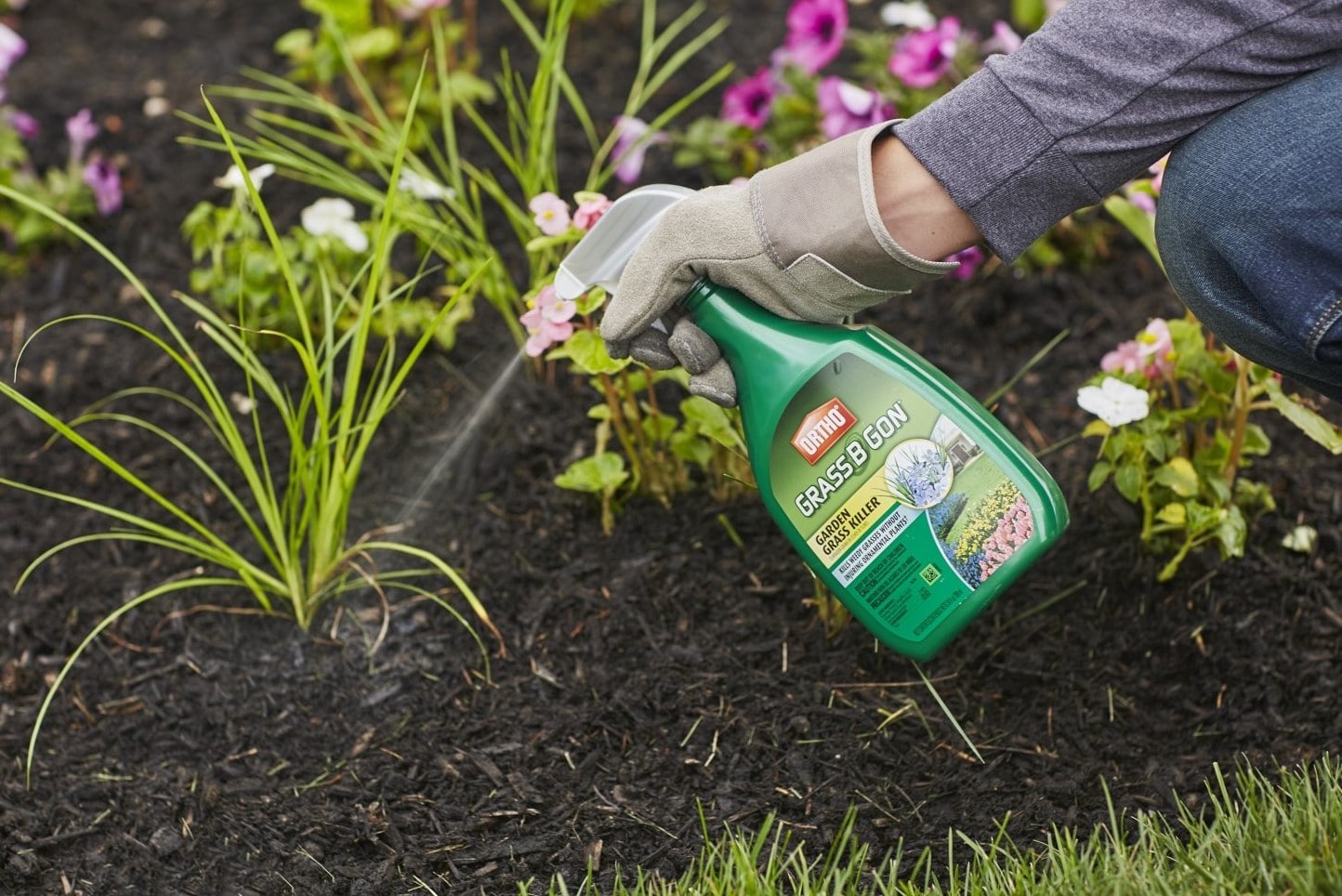

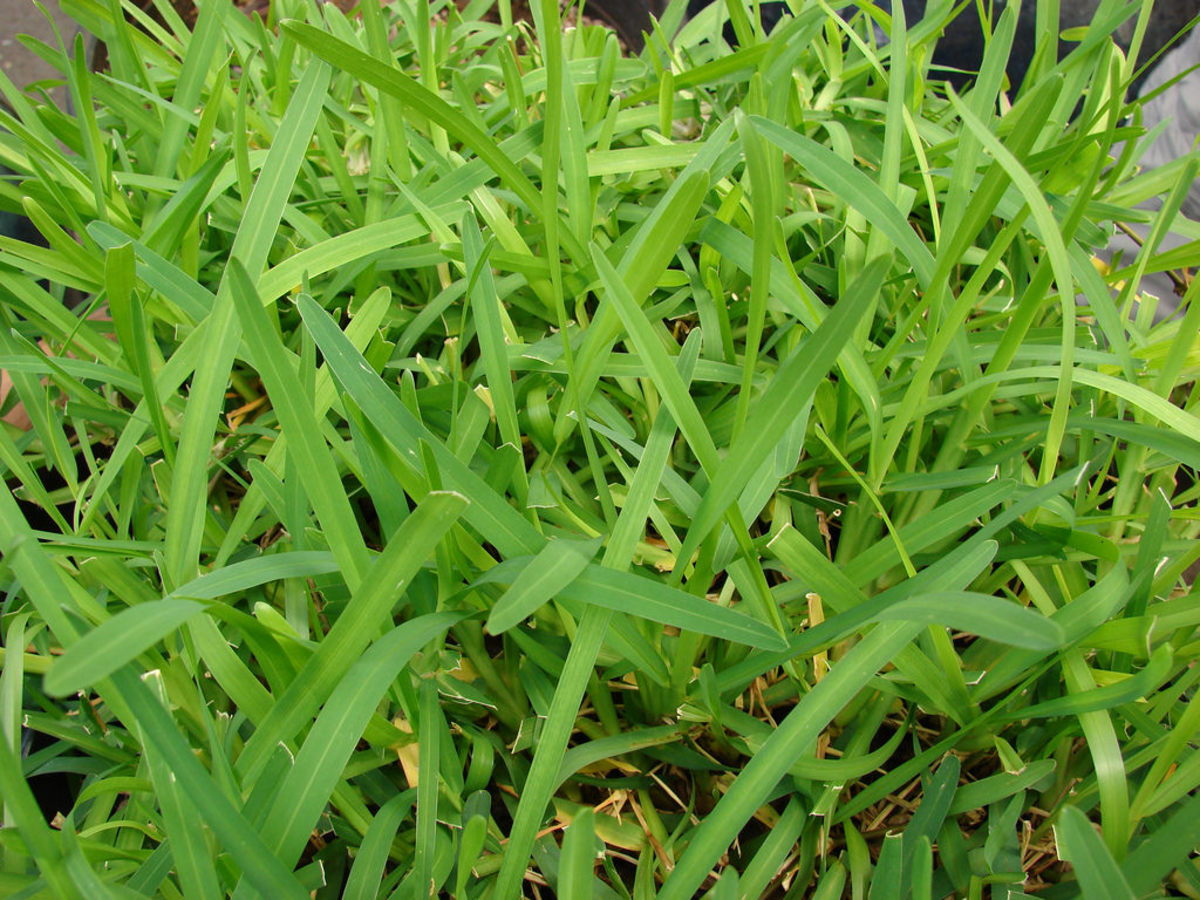



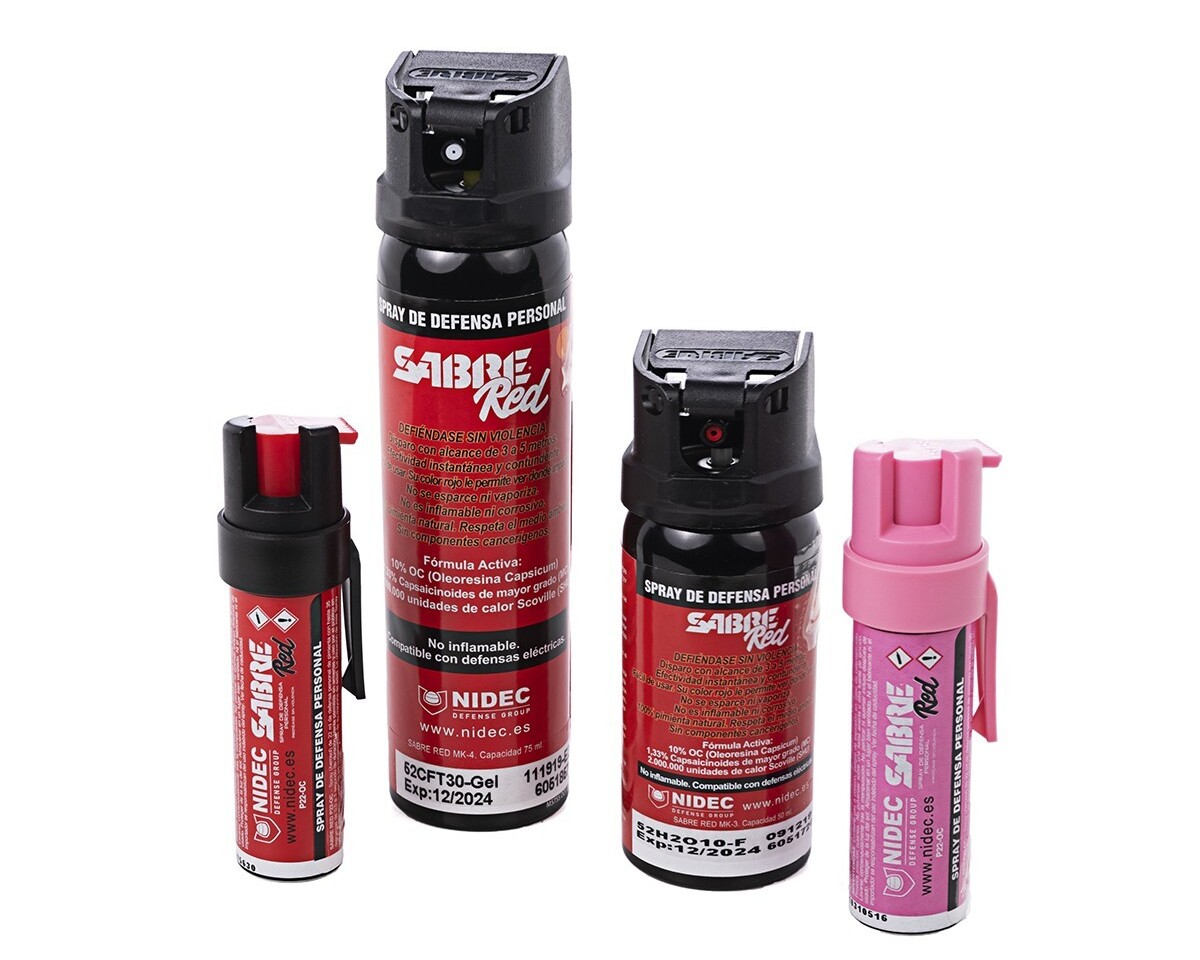
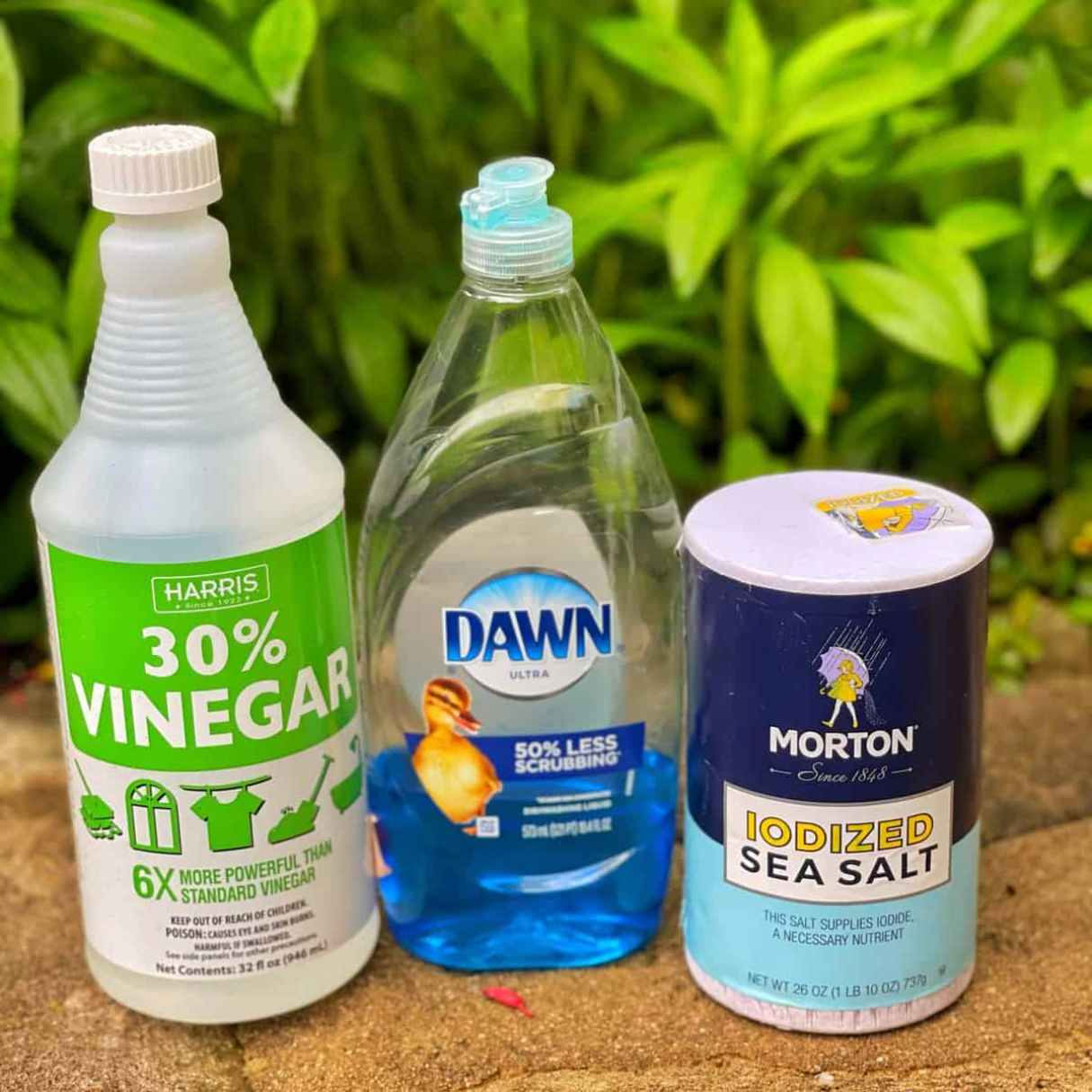



0 thoughts on “What Is The Strongest Grass Killer”